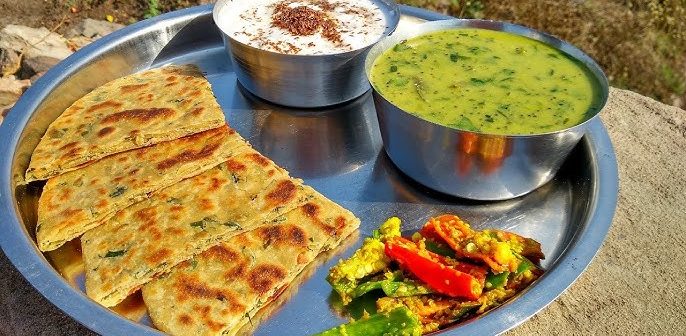In a bid to strengthen food safety across India’s tourist hotspots, the Food Safety and Standards Authority of India (FSSAI) convened its 45th Central Advisory Committee (CAC) meeting, urging states and union territories to adopt stricter surveillance measures for the peak tourist season stretching from November through March. With a sharp increase in both domestic and international tourism expected, the FSSAI underscored the need for rigorous food safety protocols to protect public health and build trust among travelers.
The meeting highlighted a strategic plan to use Food Safety on Wheels—mobile laboratories deployed by FSSAI to conduct on-the-spot food quality tests and inspections at high-footfall tourist destinations. This initiative aims to bolster public confidence in food quality and hygiene standards, enhancing the overall tourist experience.
The CEO of FSSAI called on Food Commissioners from various states to not only enhance surveillance at these popular tourist sites but also to closely monitor warehouses utilized by e-commerce platforms that manage food distribution. Given the rapid growth of online food and grocery deliveries, especially around the tourist season, the FSSAI emphasized the importance of maintaining robust safety standards in these supply chains. To this end, states and union territories were instructed to increase sampling from these warehouses and to devise Standard Operating Procedures (SOPs) specifically for delivery personnel to ensure that food quality remains uncompromised during transportation and handling.
An essential part of this safety drive involves training Food Business Operators (FBOs) under the Food Safety Training and Certification (FoSTaC) program. By March 2026, the FSSAI aims to have trained approximately 2.5 million food handlers, including those working in college, university, and hostel canteens. This widespread training initiative is designed to establish a consistent standard of hygiene and safety across all food-related sectors, safeguarding the health of tourists and residents alike.
Further, the committee proposed an integrated approach to food safety, encouraging cross-sector collaboration among various ministries and industry stakeholders. It recommended that states and districts convene their own Advisory Committee meetings to ensure that food safety policies are efficiently implemented at the grassroots level.
Aligned with the Eat Right India movement, the FSSAI aims to cultivate a culture of healthier eating by involving consumers directly in its mission for safe and nutritious food. To promote awareness, states were advised to launch interactive community initiatives, including fairs, walkathons, and street plays (Nukkad Nataks)—tools known to effectively convey critical health messages to the public.
The CAC meeting saw participation from over 60 officials, including Commissioners of Food Safety from various states and union territories, FSSAI officials, and representatives from the food industry, consumer advocacy groups, agriculture sector, laboratories, and research bodies. This collaborative platform enabled diverse stakeholders to share insights, reinforcing a unified approach to food safety amid the upcoming tourist influx.
As India braces for a busy tourist season, the FSSAI’s proactive approach is a significant step in ensuring that food safety standards across the country meet international expectations, offering visitors a safe and memorable experience.




